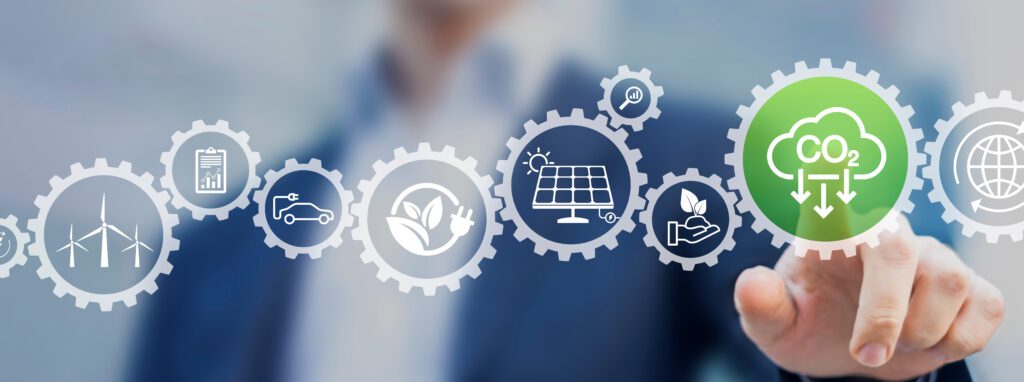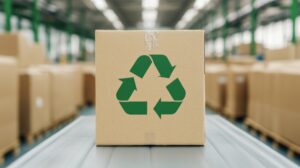CBAM Reporting for Non-EU Importers
On October 1, 2023, the European Union (EU) introduced a new regulation known as the Carbon Border Adjustment Mechanism (CBAM), aiming to put a fair price on the carbon emitted during the production of carbon-intensive goods entering the EU. This regulation is part of the EU’s efforts to combat climate change and encourage cleaner industrial production globally. CBAM is currently in a transitional period and is slated for total enforcement by January 2026. However, quarterly reporting periods for importers has already begun, starting on January 31, 2024.
While CBAM is an EU law, it will impact companies worldwide, as international companies must adapt to EU regulations to keep their products on the EU market. This means that even if you do not import any products directly into the EU, you may now be asked to support your EU customers on this, similar to how non-EU companies are asked to support REACH, IMDS, RoHS, Conflict Minerals, and other regulations.
From January 1, 2026, only registered declarants will be authorized to import CBAM goods. Consequently, EU importers of CBAM-covered goods will be mandated to register with national authorities, disclose the emissions embedded in their imports, and annually surrender the corresponding number of CBAM certificates. The price of these certificates will be determined based on the weekly average auction price of EU ETS allowances.
CBAM is designed to ensure that the carbon price of imports is equivalent to the carbon price of domestic production. As such, if importers can prove that a carbon price has already been paid during the production of the imported goods, the corresponding amount can be deducted.
Identifying Which Goods Fall Under CBAM
The first phase of CBAM applies to specific sectors whose production is most at risk of carbon leakage, including cement, iron and steel, aluminum, fertilizers, hydrogen, and electricity. Once fully phased in, CBAM’s scope will expand to capture more than 50% of the emissions in ETS-covered sectors.
You (as a non-European operator) may be required by your customers to establish which goods produced or obtained by your installation fall under the scope of CBAM. If you need assistance determining which of your products fall under the CBAM, contact our experts at [email protected]. We have years of experience in EU market reporting and can walk you through the process.
Reporting Tools for Non-EU Reporters
During the transitional period and before January 2026, importers of goods in the scope of the new rules will only have to report greenhouse gas emissions (GHG) embedded in their imports (direct and indirect emissions) without needing to buy and surrender certificates.
Until the end of 2024, companies will have the choice of reporting in three ways:
- full reporting according to the new methodology (EU method),
- reporting based on an equivalent method (three options), and
- reporting based on default reference values (only until July 2024).
Beginning January 1, 2025, only the EU method will be accepted, and estimates (including default values) can only be used for complex goods if these estimations represent less than 20% of the total embedded emissions.
To facilitate CBAM reporting, the European Commission has developed the CBAM transitional registry. Access to this registry should be requested through the National Competent Authority (NCA) of the Member State in which the importer is established. This tool helps align reporting with CBAM requirements, ensuring all necessary data is accurately accounted for and readily available. A recording of an info session on the CBAM Transitional Registry can be found here.
Get Support
The CBAM is a significant development in global climate policy, with far-reaching implications for non-EU businesses. Understanding and complying with CBAM regulations is crucial for maintaining access to the EU market.
If you are new to EU imports or looking to improve the efficiency of your CBAM regulatory reporting, contact us today at [email protected]. Our team has years of proven experience in EU market reporting and can help you establish a robust reporting framework.






